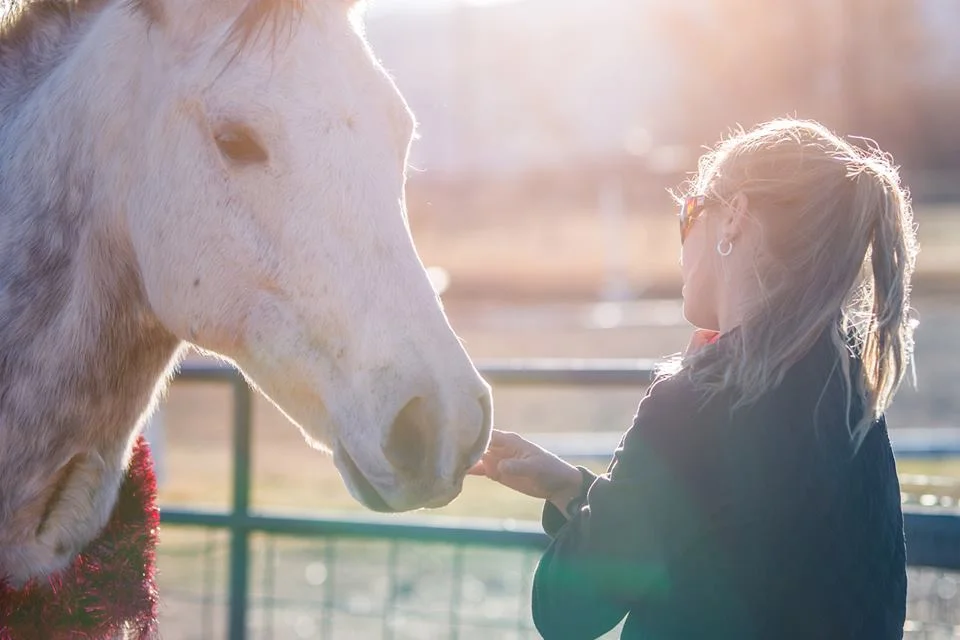A horse does not make demands; he does not speak, judge, or ask. He simply rocks and comforts.
Equine Facilitated Psychotherapy (EFP) is a type of experiential therapy, which brings equine partners as co-facilitators into the transformative relationship between clients and therapists. This may be done with groups, families, or individuals (youth or adults).
Who can benefit from Equine Facilitated Psychotherapy? While anyone can benefit from contact with horses, these are some specific populations where benefits have been documented:
- At Risk Youth
- Children suffering from Abuse and Neglect
- Individuals suffering from Anxiety and Mood disorders
- Individuals on the Autism Spectrum
- Individuals in Recovery
- LGBTQ Youth
- Major Life transitions and Grief
- Trauma survivors
Our philosophy here at Body N Soul, from which Body N Soul Psychotherapy runs out of, is that horses are our mirrors, and that they are an interface between us and the majesty and magic of the natural world. According to the Natural Wild Life Federation, being in nature makes for kinder, more socially aware human beings.
These magnificent animals give us freedom and empowerment, yet are great teachers of humility, love, and compassion.Their intuitive nature mirrors how we interact, communicate, and develop relationships. Horses, as authentic, congruent, sentient beings, act as partners helping us to identify old patterns of behavior, which were once intelligent survival mechanisms, but which now need to be transformed in order for us to become more fully conscious, functional human beings. This relationship dynamic provides for an immediate experience, revealing consequences of our behavior. They demonstrate that as we change internally so does our external world.
Brittany is a Registered Psychotherapist in the state of Colorado. She has graduated from Naropa University with a degree in Transpersonal Counseling with a concentration in Wilderness Therapy.
Body N Soul Psychotherapy is available to run empowerment groups, leadership and team building groups, women groups, as well as for individual therapy.

